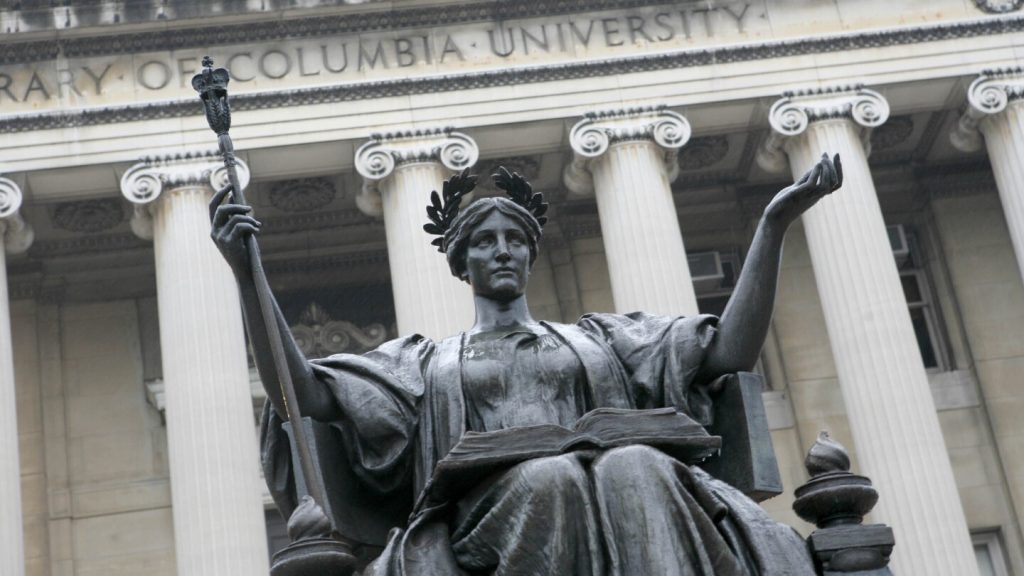Columbia University’s president, Nemat Shafik, is set to testify before the House Education and Workforce Committee regarding questions of antisemitism and the school’s response to conflicts on campus over the Israel-Hamas war. This comes four months after a contentious congressional hearing led to the resignations of two Ivy League presidents. Shafik was originally asked to testify in December but declined due to scheduling conflicts. The previous hearing featured the presidents of Harvard University, the University of Pennsylvania, and the Massachusetts Institute of Technology, whose responses drew fierce backlash, leading to the resignations of the presidents of Penn and Harvard.
During the December hearing, university presidents were questioned about whether “calling for the genocide of Jews” would violate each university’s code of conduct. The responses from Penn’s then-president Liz Magill and Harvard’s then-president Claudine Gay were criticized for being vague and lawyerly. Magill resigned shortly after the hearing, and Gay stepped down in January following accusations of plagiarism. MIT president Sally Kornbluth stated that she had not heard such calls for genocide on MIT’s campus and emphasized that speech targeted at individuals would be considered harassment.
Shafik is expected to testify along with Columbia University board members and has the benefit of hindsight to prepare her remarks. In an op-ed published in the Wall Street Journal, Shafik highlighted the importance of balancing free speech with creating a safe environment for students on campus. She emphasized that calling for the genocide of any group, whether Israelis, Palestinians, Jews, or Muslims, has no place in a university community and is unimaginably harmful. Since the Hamas attack on Israel on October 7, tensions have been high on university campuses with Jewish students feeling that their schools are not doing enough to address antisemitism and students in support of Palestinian rights feeling targeted and censored by campus administrations.
Columbia University, like many other colleges, is facing Department of Education investigations into antisemitism and Islamophobia on campus. The university has also been the subject of lawsuits from both pro-Palestinian and Jewish student groups. The New York Civil Liberties Union sued the university for singling out two pro-Palestinian student organizations when it suspended them from campus over protests in the fall. Jewish student groups have also filed suits, claiming that antisemitism on campus violates their civil rights. The ongoing tensions and accusations of hate and bias have affected Columbia University, and Shafik’s upcoming testimony may shed light on the steps the university is taking to address these issues.
In the wake of the resignations of Penn’s and Harvard’s presidents following the December hearing, Shafik’s testimony will be closely watched to see how Columbia University is handling allegations of antisemitism and conflicts on campus. The careful responses of university presidents during the previous hearing led to backlash from donors, alumni, and politicians, ultimately resulting in leadership changes at Penn and Harvard. Shafik’s remarks will be crucial in shaping the narrative around Columbia’s approach to addressing hate and bias on campus and may open the door for further discussions on how universities can create inclusive and safe environments for all students.


